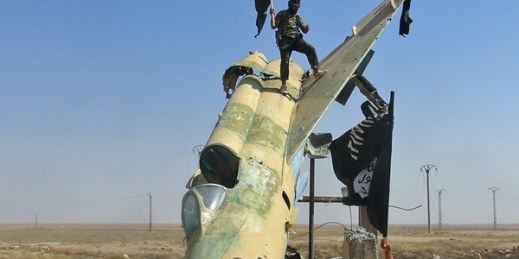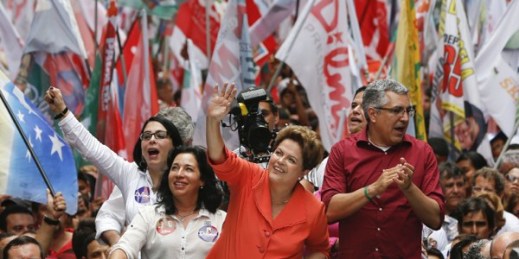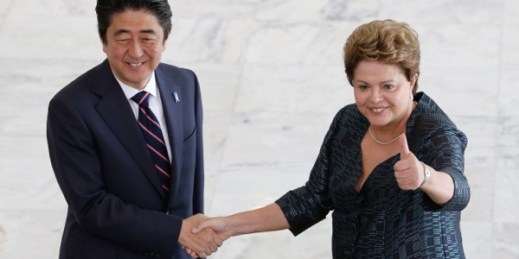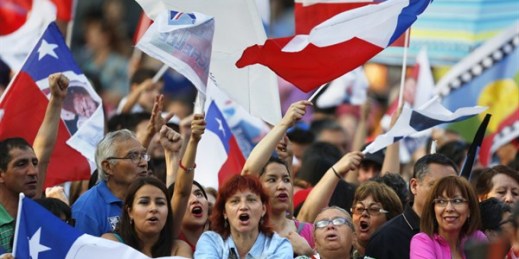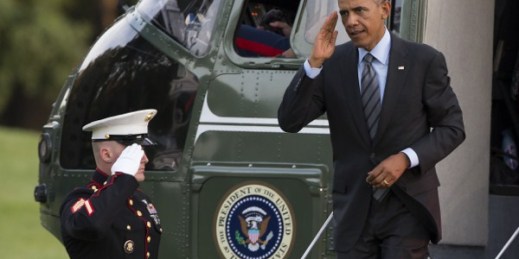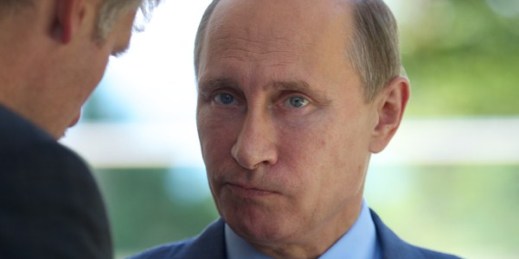
Throughout the Ukrainian crisis, Russia has demonstrated a keen appetite for both territory and power. It has shown less concern for international agreements and institutions. While Moscow has largely kept the United Nations out of the conflict, it has permitted the Organization for Security and Cooperation in Europe to monitor the situation on the ground. Even this looks like a mere ploy to deflect Western criticism: Russia has used OSCE peacemaking efforts backed by Germany as a cover for its efforts to destabilize Ukraine, and its proxies in the east of the country have menaced and kidnapped the organization’s observers. […]

